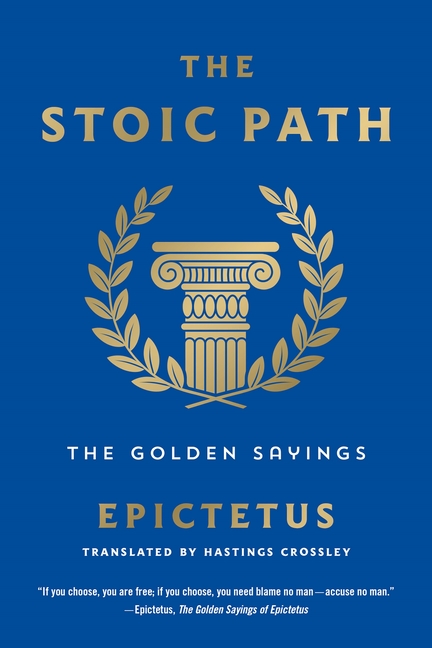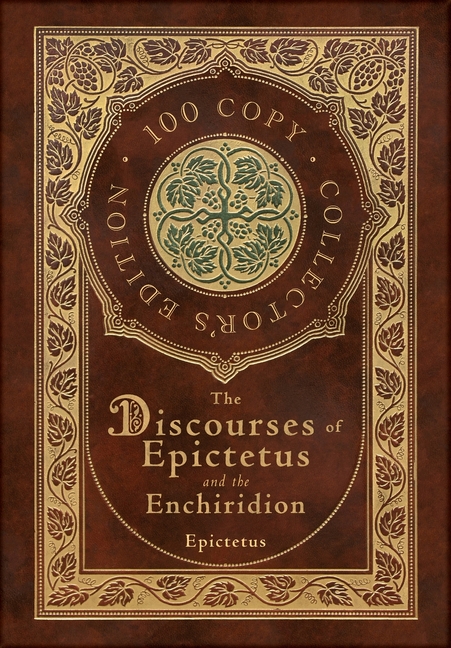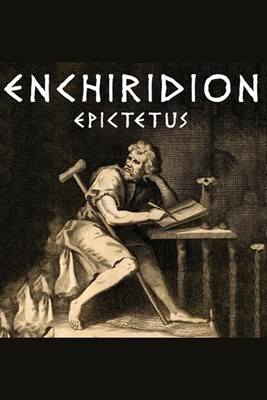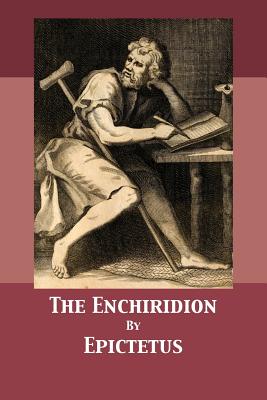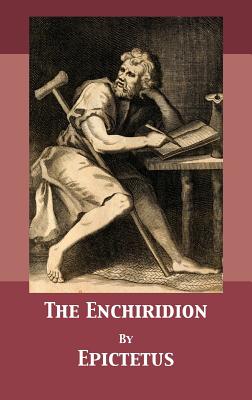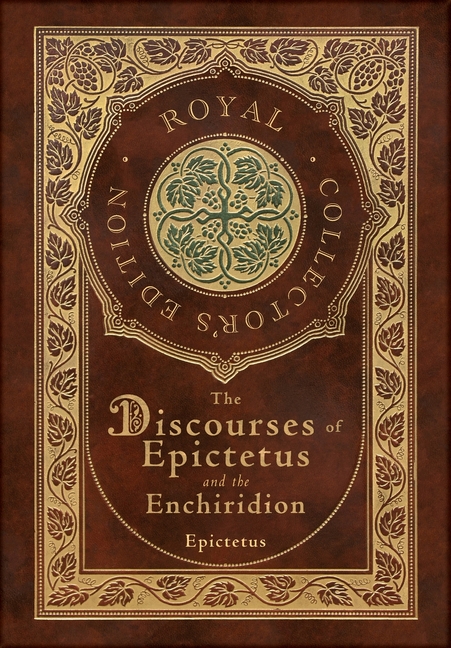
The Discourses of Epictetus and the Enchiridion (Royal Collector's Edition) (Case Laminate Hardcover with Jacket)
| Quantity | Price | Discount |
|---|---|---|
| List Price | $39.95 |
$39.95
Book Information
| Publisher: | Royal Classics |
|---|---|
| Publish Date: | 11/15/2020 |
| Pages: | 352 |
| ISBN-13: | 9781774378533 |
| ISBN-10: | 1774378531 |
| Language: | English |
Full Description
The Discourses of Epictetus are a series of intensely practical informal lectures. Epictetus directs his students to focus attention on their opinions, anxieties, passions and desires, so that they may never fail to get what they desire. True education lies in learning to distinguish what is our own from what does not belong to us, and in learning to correctly assent or dissent to external impressions. The purpose of his teaching was to make people free and happy.
The Discourses have been influential since they were written by Epictetus' pupil Arrian around 108 AD. Epictetus divides philosophy into three fields of training, which include desire, choice, and assent, with especial application to ethics. He also teaches that the shortcomings of our fellow people are to be met with patience and charity, and we should not allow ourselves to grow indignant over them, for they too are a necessary element in the universal system. Epictetus believed that the ideal human will not be angry with the wrong-doer; he will only pity his erring, and thus become the perfect Stoic.
This case laminate collector's edition includes a Victorian inspired dust-jacket.


